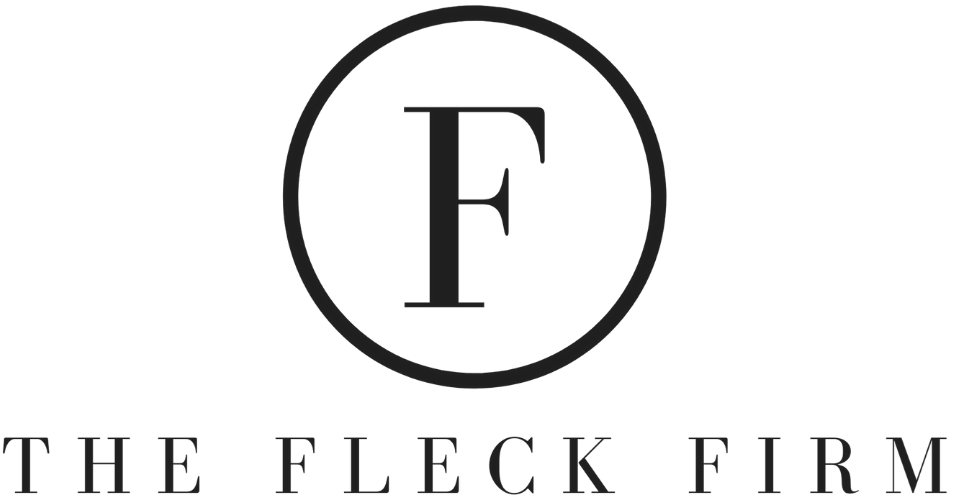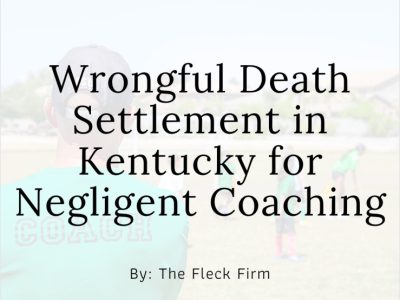Grant Brace was a junior at the University of the Cumberlands and a wrestling team member when he died. The university calls him talented and well-liked and says that he had a bright future ahead of him before his 2020 death from heat stroke. Before that death, he was told he didn’t deserve to be on the team because he admitted he had to stop running and drink some water.
Brace died, according to the lawsuit, after a “punishment practice” where wrestling coaches “ignored Grant’s deteriorating medical condition throughout practice.” Despite Brace repeatedly begging for water, coaches didn’t give him any, and they didn’t permit others to help him. He was sent out of the wrestling facility alone. He was found dead outside, according to CNN.
Team Coaches Denied Brace Water and Prevented Others From Giving It to Him
The lawsuit claims the coaching staff created an abusive and toxic culture during the two years before Brace’s death. His doctors prescribed Adderall to treat his Attention Deficit Hyperactivity Disorder (ADHD) and narcolepsy. Brace needed to remain hydrated while using the drug, and, according to the lawsuit, the university stated accommodations would be made for his needs and medical condition, reports the New York Times.
The school’s wrestling team started practice on August 31, 2020, by running on a track, then sprinting several times up and down “punishment hill,” a steep incline. Brace stopped and told one of the coaches, Jordan Countryman, that he was exhausted and needed to drink. Countryman didn’t give him water. Instead, he threatened to kick him off the team and asked him, “Do you think you are special and are allowed more water?”
Mr. Brace started to sprint again but stopped. He went to the wrestling room, laid on the mat, and begged for water. Coaches yelled at students who tried to help him. Brace’s mental health deteriorated (a symptom of heat stroke), and coaches told him to leave. He was found dead about 45 minutes later.
Heat stroke occurs when the body can’t regulate its temperature. There’s a severe inflammatory response, tissue injury, and multiple organs fail to function correctly.
Part of the settlement announced in March is the implementation of the B.R.A.C.E Protocol at the University of the Cumberlands, whose campuses are in Williamsburg and Florence. It’s a program educating coaches and athletes about exertional heat strokes to prevent further heat-related deaths. Brace graduated from Alcoa High School in Alcoa.
Other attorneys take contingent fees of 33% to 50% of your settlement.
We want you to keep more of your money.
Our contingent fee is only 30% on cases settled prior to filing suit.
Young Athletes Can Die of Heat Stroke
Depending on the circumstances, coaches are responsible for how well athletes compete and literally have the power of life and death over them. An annual survey of football injuries at the high school and college levels found that in 2021 there were 21 player fatalities. Fatal, traumatic brain injuries caused four during games or practice. There were 13 deaths due to exertion or medical issues during football-related activities. Three were due to exertional heat stroke.
Heat stroke accounts for 2.5% of sudden death in young athletes, according to a study published by the American Academy of Cardiology in 2021. These events occur more when it’s warmer, and football players wear heavy equipment. Athletes are more likely to suffer heat stroke if deconditioned, not acclimatized to higher heat, or dehydrated.
Negligent Coaching or Supervision Can Injure or Kill Athletes
Negligent coaching occurs when an athlete is injured because a coach fails to:
- Act reasonably under the circumstances
- Meet their responsibilities
- Provide proper guidance, support, and training to an athlete
This may cover not ensuring that equipment is maintained correctly, not providing adequate rest and recovery periods, and not monitoring an athlete’s physical and mental well-being. Extreme heat and cold make negligent coaching more dangerous.
Negligent coaching can happen in any sport at all athletic levels, resulting in many injuries. Organizations are having a difficult time recruiting coaches for youth athletic leagues. They may become so desperate that they use unqualified, untrained coaches who don’t know what they’re doing.
It’s not just overly zealous coaches who physically punish players and deny them hydration or medical care who can get in trouble. Even well-intentioned adults trying to help can be negligent and cause a player’s injury.
If negligent coaching causes injuries, victims may be able to obtain compensation for the harm they received through an insurance claim with an organization’s insurer or a lawsuit.
Contact Us Today
The Fleck Firm is here to help you and your family. We represent many residents residing in Western and Central Kentucky across the bluegrass.
If you or your child are injured due to negligent coaching, and you want to learn about the law, how it may apply in your situation, and how we can help you obtain compensation, call The Fleck Firm at 270-446-7000 today.








